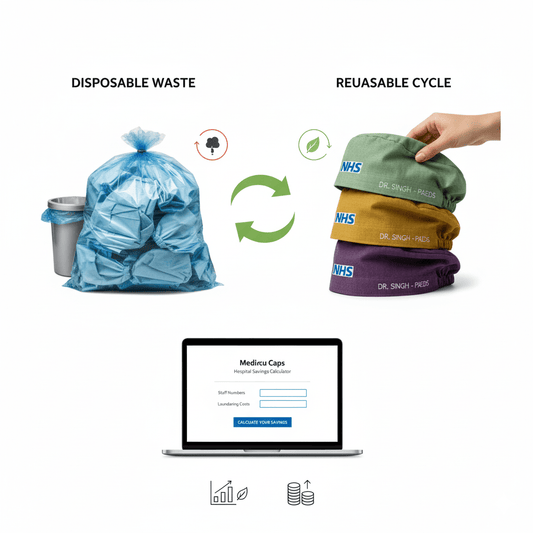
Sustainable Procurement in the National Health Service: A Path to a Greener Future
A Path to a Greener Future: Sustainable Procurement in the NHS
A Path to a Greener Future in the National Health Service (NHS) is the largest publicly funded healthcare system in the world. Consequently, its procurement decisions significantly impact both environmental and economic outcomes. Sustainable procurement in the NHS focuses on purchasing goods and services that prioritize environmental, social, and economic factors. This strategy is crucial for reducing its carbon footprint and advancing a more sustainable future. For more on the NHS's sustainability goals, see the For a Greener NHS campaign.
The Importance of Sustainable Procurement
Sustainable procurement is not just about buying ‘green’ products. Rather, it involves considering the entire lifecycle of products and services—from raw material extraction to end-of-life disposal. This holistic approach helps reduce waste, conserve resources, and minimize environmental impacts.
Moreover, sustainable procurement can lead to substantial cost savings for the NHS. By choosing durable, energy-efficient, or low-maintenance products, the NHS can significantly reduce its spending. In addition, sustainable procurement helps the NHS meet legal obligations and contribute to national sustainability targets.
Current Initiatives in the NHS
A Path to a Greener Future in the NHS has already made significant strides in sustainable procurement. For instance, in 2020, it launched the ‘For a Greener NHS’ campaign, aiming to achieve carbon neutrality by 2040. As part of this effort, the NHS is actively working to reduce the environmental impact of its supply chain, which accounts for over 60% of its carbon footprint.
A key initiative supporting this goal is the Sustainable Development Unit (SDU), which offers guidance to NHS organizations on sustainable procurement. The SDU has developed a Sustainable Procurement Guide to help organizations integrate sustainability into their procurement processes.
Furthermore, the NHS is collaborating with suppliers to adopt more sustainable practices. This includes setting environmental criteria in procurement contracts and requiring suppliers to report on their environmental performance through the NHS Standard Contract.
Challenges and Future Directions
Despite these advances, several challenges remain. These include limited awareness of sustainable procurement, resistance to change, and the perception that ‘green’ products are more expensive.
To address these challenges, the NHS must continue to raise awareness about the benefits of sustainable procurement. Additionally, it should provide training and support for procurement staff. Collaboration with suppliers will also be crucial to developing cost-effective, sustainable solutions.
Looking forward, A Path to a Greener Future the NHS plans to leverage digital technology to further enhance its procurement processes. This includes using data analytics to track the environmental impact of its supply chain and adopting digital platforms to share best practices and collaborate with suppliers.
Conclusion
In conclusion, sustainable procurement is a powerful tool for reducing the NHS’s environmental impact. While challenges persist, the NHS's ongoing commitment to sustainability, along with its current initiatives, lays a strong foundation for future progress. By continuing to innovate and collaborate with suppliers, the NHS can lead the way in sustainable procurement within the healthcare sector.





